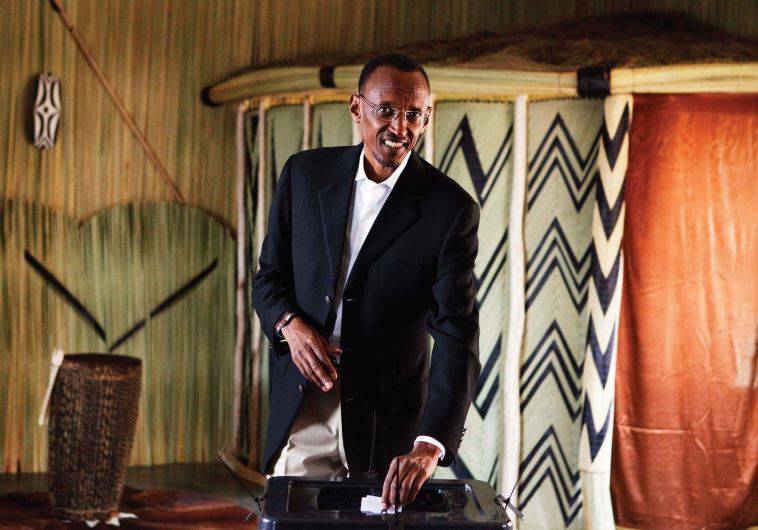Rwanda's success story
No-one believed, neither in Rwanda nor outside it, that this small, divided Central African country would recover and rise from the ruins.
 RWANDAN PRESIDENT Paul Kagame casts his ballot during the presidential election in Kigali in 2010Updated:
RWANDAN PRESIDENT Paul Kagame casts his ballot during the presidential election in Kigali in 2010Updated: